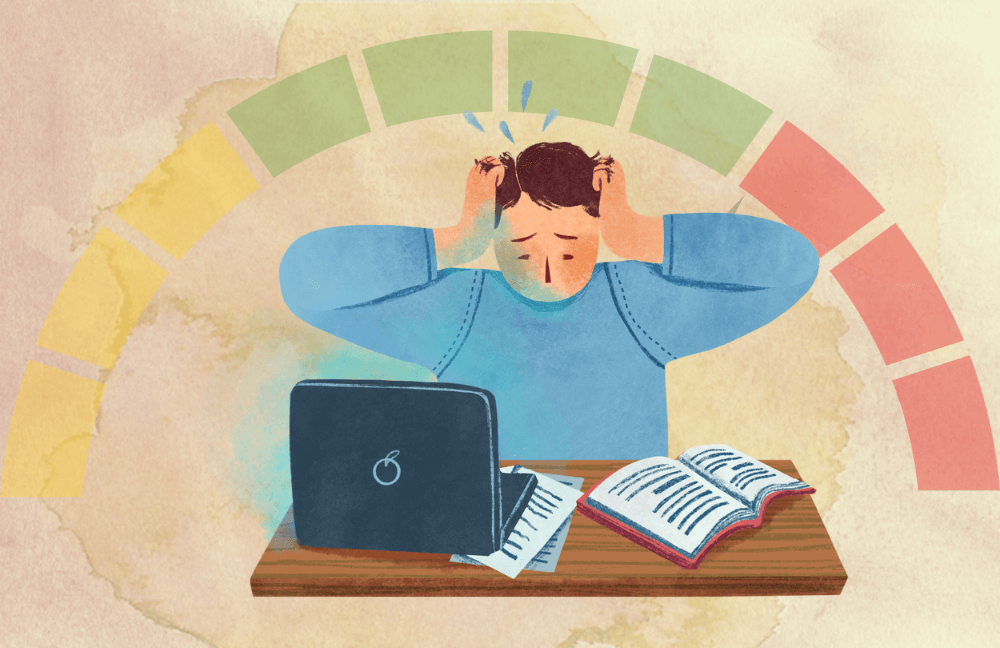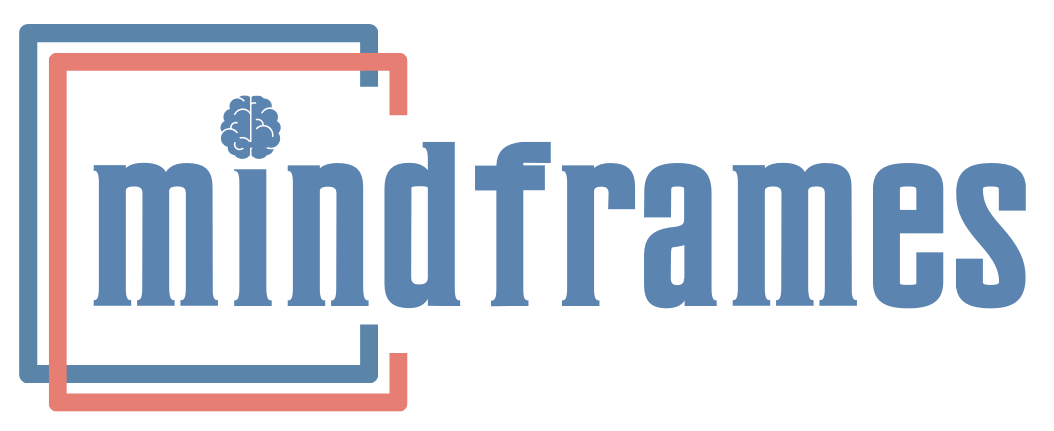School Wellness Programs
Burden of Childhood Emotional Problems
Psychological problems are a leading cause of turmoil in children and teenagers. Low- and middle- income countries (LMICs) have an especially higher adolescent population and hence their burden is proportionately loftier. Since children spend a third or more of their day at school, it becomes a significant influencer of their wellbeing. The World Health Organization (WHO) also agrees that globally we need to enhance our efforts to reduce mental health disparities in children and make emotional care more accessible to them.
Since schools hold power as enriching educational environments, they can be championed to take on emotional and social wellbeing by addressing mental health determinants alongside academics. As institutions with a body of children, teachers and parents already in connection with each other, schools offer an open playground to compose and advocate emotional solutions to one and many of these stakeholders. A school-based intervention, for example educative workshops for staff, teachers, parents and children; can colossally increase access to wellness and care.
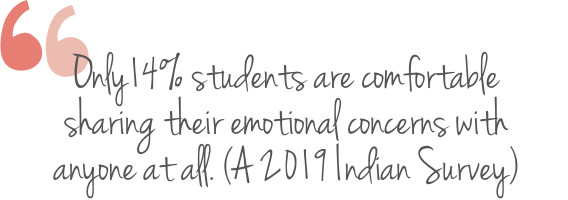
Delivery of Socio-Emotional Education in Schools
Emotional education is not a novel concept; schools recognize it. Some schools teach moral science as a subject once a week, but that isn’t sufficient and doesn’t do justice to the social and emotional developmental needs of children. Emotional empowerment ought to be an ongoing and permanent didactic process wherein emotional advancement compliments intellectual development. The number of research articles in journals worldwide, repeatedly highlight the role of emotions in facilitating or impeding academic engagement and success. With that evidence in place, even if schools are oblivious to holistic development; they still need to fulfill emotional basics in order to supplement academic goals.
School Wellness Strategies
Therapeutic Approach
Preventive Approach
How Emotional Education is Imparted
Self-awareness
Self-management
Social awareness
Interpersonal Skills
Cooperative Learning Concept
MindFrames School Wellness Delivery
Wellness measurement throws light on targetable areas of intervention. It also estimates the psychological climate in the school at a point in time. Parents and children both can fill in online questionnaires, surveys and other assessment tools following which delivery of wellness can be planned through mailers, posters, instant messages, webinars, and more. Programs are best when customized to age, preference, and the overall emotional need identified.
Child Assessment
- Aggression
- Anxiety/ Phobia
- Assertiveness
- Attention and Focus
- Career Motivation
- Career Personality
- Depression
- Emotional Quotient
- Interpersonal Skills
- Multiple Intelligence
- Personality Profiling
- Pessimistic Thinking
- Self-Esteem
- Stress Vulnerability
- Study Skills
- Subject Interest
- Temperament
Child Workshops
- Be nice to friends
- Build social skills
- Conquer depression
- Deal with feelings
- Distress to De-stress
- Fight stage fright
- Fuel your confidence
- Inculcate positivity
- Intelligence building
- Let’s talk about sex!
- Manage aggression
- No more exam stress
- Overcome insecurity
- Overpower anxiety
- Personality makeover
- Pick the right career
- Study skills training
Staff Workshops
- ADHD in Children
- Anxious Children
- Autism Spectrum
- Communication
- Depressed Children
- Difficult Children
- Gender Disorders
- Learning Disabilities
- Listening Skills
- Multiple Intelligence
- Parent Interaction
- Personality Profiling
- Relationships
- Rowdy children
- Stress and Burnout
- Teamwork
- Work Life Balance
We are eager to help you help your children. All our programs are customized, with flexibility in frequency, duration of workshops, analysis, assessment, educational material, and more. Please connect with us. We’re here to make a difference.
Dr Shefali Batra is a Feature Writer in the Teenager Today (India’s first Teen Zine) since 15 years. The magazine is focused on adolescent wellness.
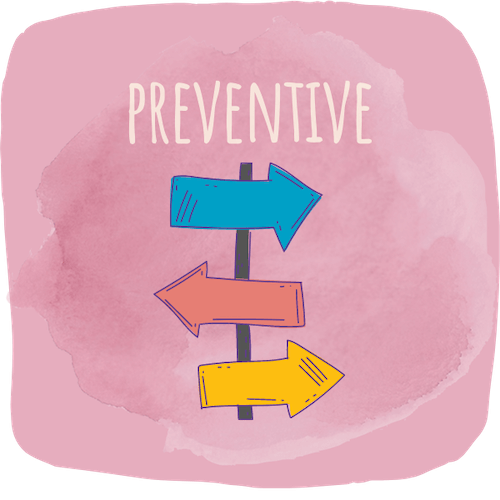
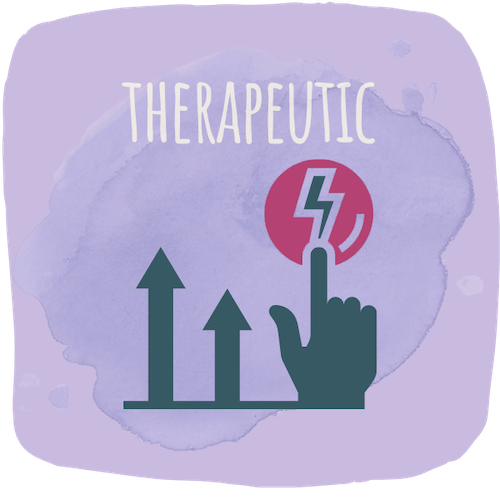
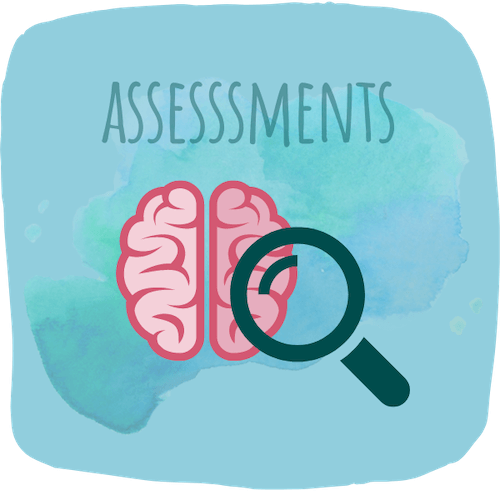

References
- Mira-Galvañ, M. J., & Gilar-Corbi, R. (2020). Design, Implementation and Evaluation of an Emotional Education Program: Effects on Academic Performance. Frontiers in psychology, 11, 1100.
- Hayes, D., Moore, A., et al., (2019). Promoting mental health and wellbeing in schools: examining Mindfulness, Relaxation and Strategies for Safety and Wellbeing in English primary and secondary schools: study protocol for a multi-school, cluster randomised controlled trial (INSPIRE). Trials, 20(1), 640.
- Bentham, C., Daunt, A., Taylor, S., Simmons, M., (2013). Mental health workshops delivered by medical students in Cambridge secondary schools: an evaluation of learning. Psychiatr Danub. Suppl 2:S224-30.
Latest Posts

7 Reasons Why You Should Seek Therapy
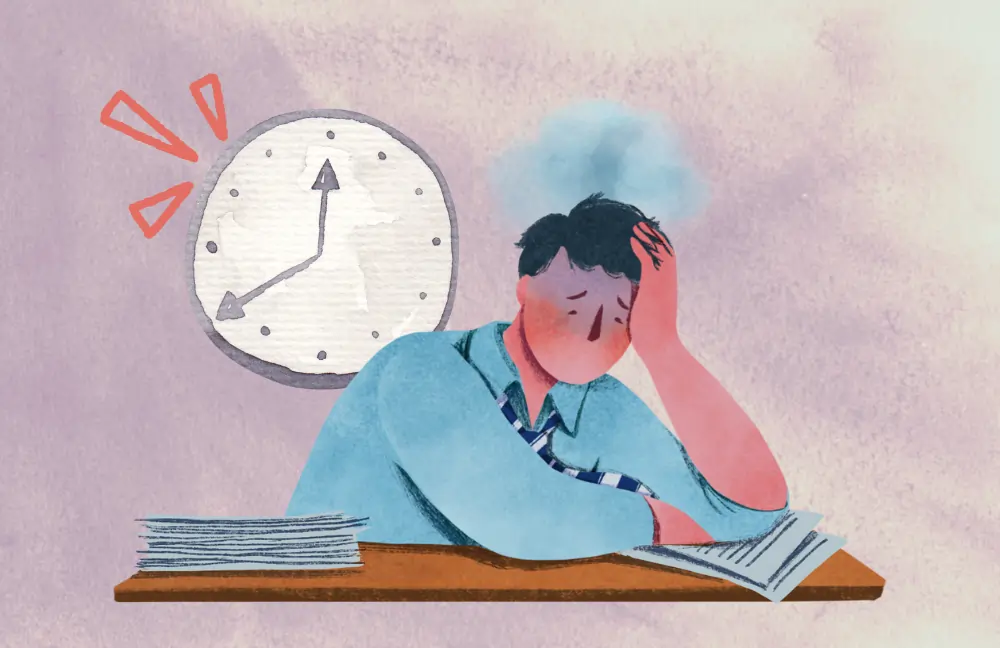
5 Time Wasters You Need to Overcome

5 Signs you have no work life balance

Work and Life: What is the right balance?
